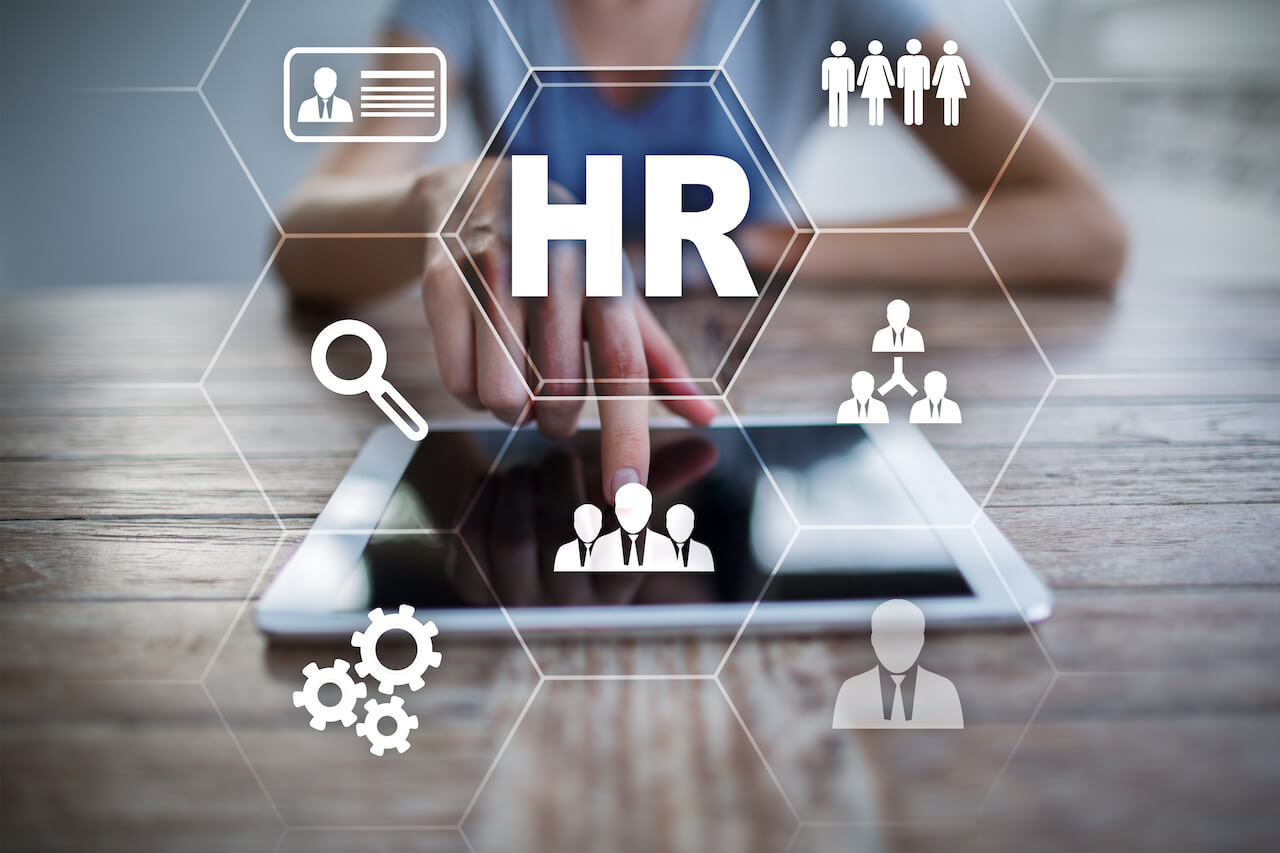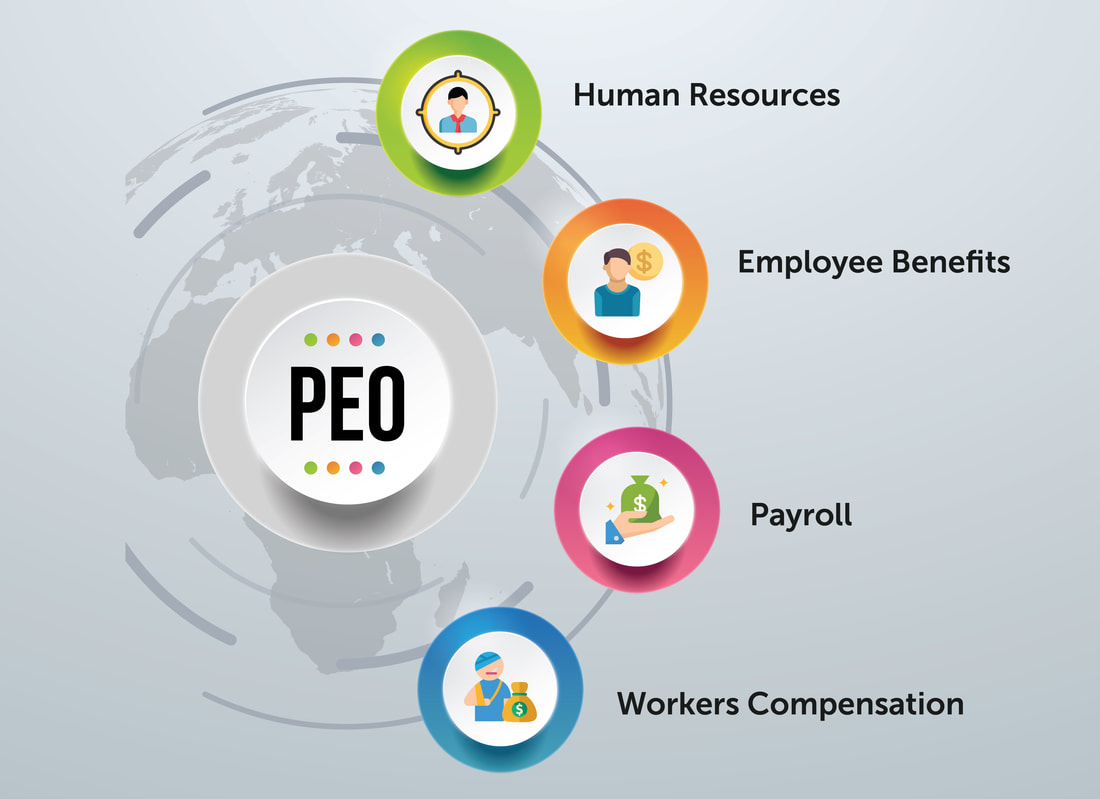Did you know that partnering with a Professional Employer Organization (PEO) can be the key to unlocking success for your business? If you’re not familiar with the concept, a PEO is a strategic HR partner that can provide a wide range of services to help you effectively manage your workforce.
From streamlining HR processes to ensuring compliance and risk management, a PEO can play a crucial role in helping your business thrive. But how exactly does it work? And what sets a PEO apart from traditional HR outsourcing?
Stay tuned as we explore the ins and outs of partnering with a PEO and discover how it can transform your business.
What Is a PEO?

If you’re curious about the role of a PEO, let’s start by understanding what exactly a PEO is. PEO stands for Professional Employer Organization, and it’s a company that provides comprehensive HR solutions to small and medium-sized businesses. These organizations specialize in managing various aspects of human resources, allowing businesses to focus on their core operations.
For example Utah PEO offers a wide range of services, including payroll administration, employee benefits management, risk management, and compliance assistance. By outsourcing these functions to a PEO, businesses can save time, reduce administrative burdens, and ensure compliance with ever-changing employment laws and regulations.
PEOs take on many responsibilities to support businesses. They handle payroll processing, ensuring accurate and timely payment of employee wages, taxes, and benefits. They also manage employee benefits programs, such as health insurance, retirement plans, and flexible spending accounts. Additionally, PEOs handle workers’ compensation insurance, helping businesses mitigate risk and navigate the complexities of insurance claims.
Benefits of Partnering With a PEO

After understanding what a PEO is and the various responsibilities they take on to support businesses, it’s important to explore the benefits of partnering with a PEO.
One of the key advantages of working with a PEO is the potential for increased employee engagement. PEOs help businesses create a positive work environment by offering comprehensive HR services, including benefits packages and professional development opportunities. Engaged employees are more likely to be productive, loyal, and satisfied, leading to improved overall business performance.
Another significant benefit of partnering with a PEO is cost savings. By outsourcing HR functions to a PEO, businesses can reduce their administrative expenses and streamline their operations. PEOs leverage their expertise and economies of scale to negotiate better rates on employee benefits, such as healthcare and retirement plans. They also handle payroll processing, tax compliance, and workers’ compensation insurance, reducing the burden on businesses and potentially saving them money.
Furthermore, partnering with a PEO allows businesses to access top-notch HR professionals who can provide expert guidance and support. This ensures compliance with employment laws and regulations, mitigates risks, and enhances the overall HR function. By offloading HR responsibilities to a PEO, businesses can focus on their core competencies and strategic objectives, leading to increased efficiency and growth.
How a PEO Can Streamline HR Processes

Partnering with a PEO can greatly streamline your HR processes, improving efficiency and freeing up valuable time for your business. One of the key ways a PEO achieves this is by enhancing employee engagement through effective performance management.
Employee engagement plays a crucial role in the success of any organization. It impacts productivity, morale, and ultimately, the bottom line. A PEO can help you streamline your HR processes by implementing performance management strategies that foster employee engagement. This includes setting clear expectations, providing regular feedback, and recognizing and rewarding top performers.
By outsourcing your HR functions to a PEO, you can leverage their expertise in performance management to create a culture of continuous improvement and employee development. They can assist with goal-setting, performance evaluations, and training initiatives, ensuring that your employees have the necessary resources and support to excel in their roles.
Additionally, a PEO can automate many HR processes, such as time and attendance tracking, payroll administration, and benefits management. This not only saves time and reduces administrative burdens but also minimizes errors and ensures compliance with regulations.
Compliance and Risk Management With a PEO

To further optimize your HR processes, a PEO can also provide invaluable assistance with compliance and risk management. By partnering with a PEO, you gain access to their expertise in navigating complex compliance regulations and mitigating potential risks.
Compliance strategies are critical for any business, as non-compliance can result in costly fines and legal consequences. A PEO can help you stay up-to-date with ever-changing labor laws, tax regulations, and benefits requirements. They can guide employee classification, wage and hour laws, and workplace safety regulations. Additionally, a PEO can assist with maintaining accurate and thorough employee records, ensuring compliance with record-keeping requirements.
Risk mitigation is another area where a PEO can provide significant support. They can help you identify potential risks and develop strategies to minimize them. This includes implementing safety programs, conducting risk assessments, and providing training to employees. Furthermore, a PEO can assist with managing unemployment claims and handling workers’ compensation issues, reducing the administrative burden on your HR team.
PEO Vs. Traditional HR Outsourcing ─ Key Differences

When comparing PEOs to traditional HR outsourcing, it’s important to understand the key differences between the two approaches. HR outsourcing refers to the practice of hiring an external company to handle certain HR functions, such as payroll, benefits administration, and employee relations.
On the other hand, a PEO, or Professional Employer Organization, goes beyond traditional HR outsourcing by becoming a co-employer with the client company. This means that the PEO takes on shared responsibility for employment-related matters, including payroll, taxes, and compliance.
One of the main advantages of using a PEO is the comprehensive nature of their services. Unlike traditional HR outsourcing, which typically focuses on specific HR functions, a PEO offers a full range of HR services, including recruitment, onboarding, training, and performance management. This holistic approach can help streamline HR processes and improve overall efficiency.
Another key difference is the level of control that a company has over HR functions. With traditional HR outsourcing, the client company retains control over strategic HR decisions, while the external provider handles the administrative tasks. In contrast, when partnering with a PEO, the client company shares employer responsibilities and may have less control over certain HR functions.
However, this can also be seen as an advantage, as it allows the client company to offload HR tasks and focus on core business activities.
Frequently Asked Questions
How Do PEOs Handle Employee Benefits and Insurance Coverage?
When it comes to employee benefits management and insurance coverage administration, PEOs handle it all. They take care of finding the right plans, negotiating rates, and providing ongoing support, so you can focus on running your business.
Can a Business Choose to Only Outsource Certain HR Functions to a Peo?
Yes, you can choose to outsource specific HR functions to a PEO, such as recruitment and performance management. This allows you to focus on your core business while leveraging the expertise of the PEO in these areas.
Are There Any Limitations on the Size of Businesses That Can Partner With a Peo?
Are there limits on your business size to partner with a PEO? Discover eligibility criteria and the scalability of PEO partnerships. Learn how customized PEO solutions cater to market trends and drive PEO adoption.
What Kind of Support Does a PEO Provide for Employee Training and Development?
A PEO provides valuable support for your employee growth and skill enhancement. They offer training programs, resources, and expertise to develop and improve your workforce, ultimately contributing to your overall success.
How Do PEOs Handle Payroll Processing and Tax Filing?
When it comes to payroll processing and tax filing, PEOs have got you covered. They handle all the nitty-gritty details so you can focus on what you do best: running your business.
